HS-LS2-2
Use mathematical representations to support and revise explanations based on evidence about factors affecting biodiversity and populations in ecosystems of different scales.
-
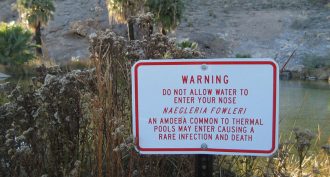 Microbes
MicrobesHow ‘brain-eating’ amoebas kill
When people infected with a “brain-eating amoeba” die, their own immune systems might be to blame.
-
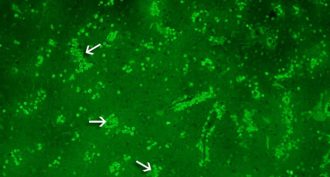 Health & Medicine
Health & MedicineFive things to know about ‘brain-eating’ amoebas
These parasites can be scary, but they rarely trigger infections. Still, knowing more about them can help you avoid behaviors that heighten risks.
By Janet Raloff -
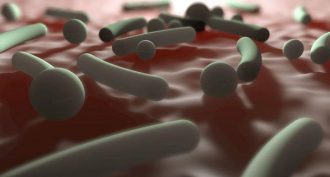 Health & Medicine
Health & MedicineHow this vitamin can foster pimples
Oh no! Vitamin B12 can cause skin bacteria to secrete chemicals that cause zits.
-
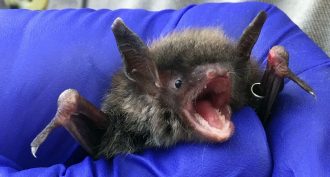 Animals
AnimalsBiowarfare saves bats from killer fungus
Good news for bats. Those infected with white-nose syndrome may be cured by a brief exposure to fumes from therapeutic bacteria.
-
 Plants
PlantsUsing plants to solve environmental problems
Problems in their communities suggested good research projects to three teens. Each wanted to tackle a different issue, from pollution to world hunger. To learn more about these issues, they turned to their local ponds, wetlands and gardens.
-
 Microbes
MicrobesThe bugs within us
Hordes of bacteria live inside people and other animals. This ‘microbiome’ can affect the development of the blood-brain barrier, food choices — even mating.
By Roberta Kwok -
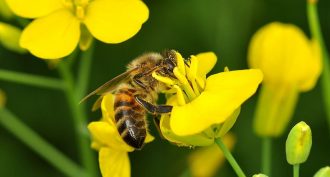 Animals
AnimalsPesticides offer bees a risky allure
Honeybees and bumblebees sometimes cannot taste or avoid pesticides called neonicotinoids. And that may expose some of these important pollinators to harm.
By Susan Milius -
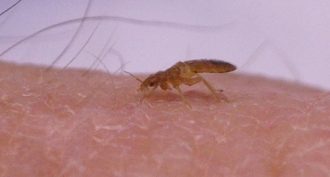 Animals
AnimalsScientists feed bed bugs (on purpose)
To study bed bugs in the lab, scientists had to first learn how to keep the blood-thirsty critters well fed. And that proved easier said than done.
By Brooke Borel -
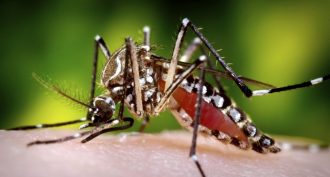 Animals
AnimalsWhat’s the buzz? A new mosquito lure
Broadcasting a fake buzz can lure male Aedes aegypti mosquitoes away from females. That could reduce populations of these annoying — and disease-causing — insects, reports a teen at the 2015 Intel ISEF competition.
By Sid Perkins -
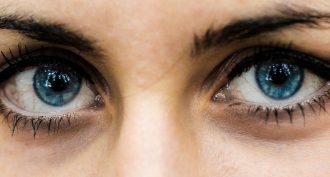 Health & Medicine
Health & MedicineTeen researcher eyes peripheral vision
Our peripheral vision helps us work and play. A student scientist studied how the distance between our eyes affects what we can see on the outer edges of our field of view.
-
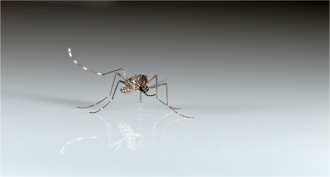 Health & Medicine
Health & MedicineDo mosquitoes love you? Blame your parents
By studying twins, scientists found that how attractive we are to mosquitoes depends partly on our genes. That could lead to better bug repellents.
-
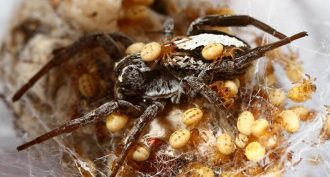 Animals
AnimalsWhat’s for dinner? Mom.
Female spiders of one species make the ultimate sacrifice when raising their young: The mothers feed themselves to their children.
By Susan Milius